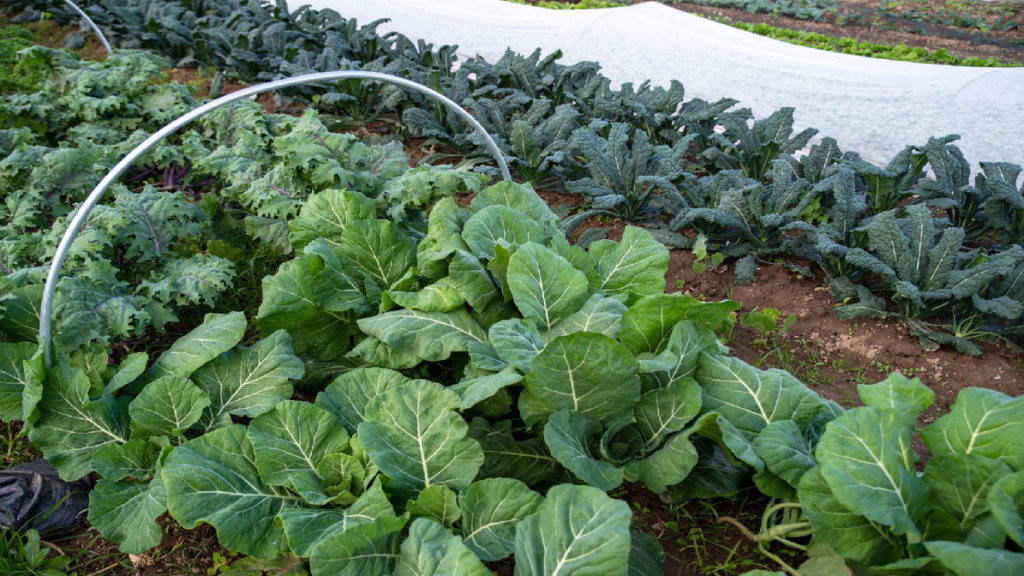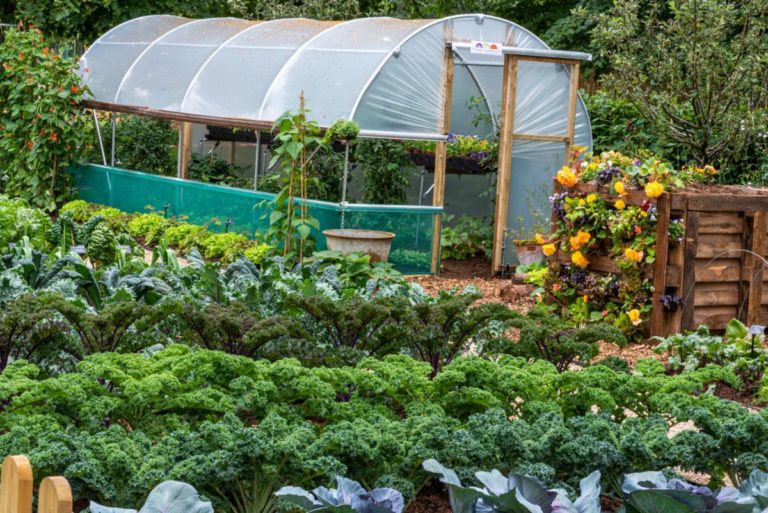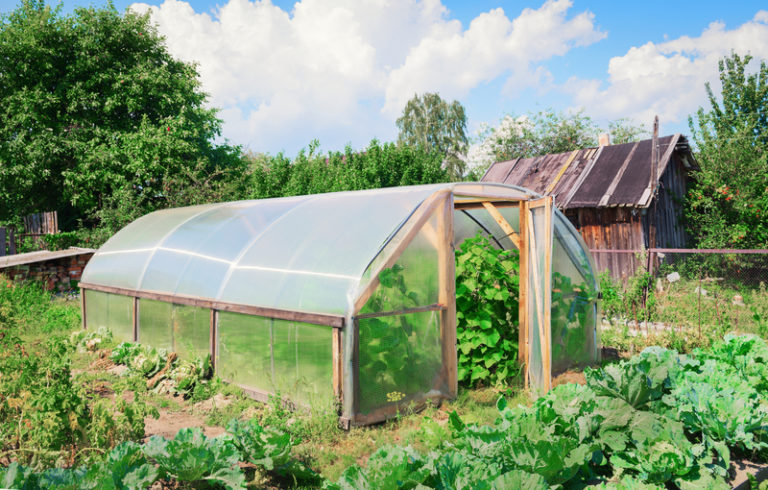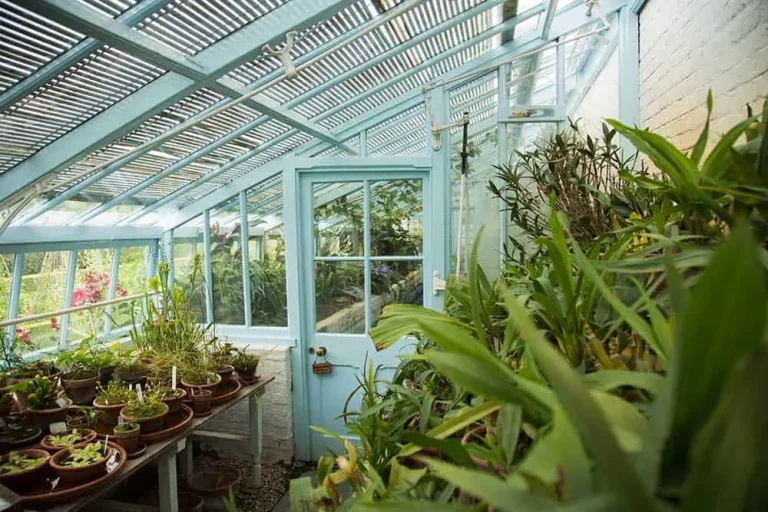Choosing the right vegetables for your climate and season can make all the difference in their growth, productivity, and taste.
By selecting varieties that are well-suited to your local conditions, you can ensure a bountiful harvest and minimize the risk of pests, diseases, and poor yields.
We’ll explore how to choose the perfect vegetables for your specific climate and season, so you can enjoy fresh, delicious produce all year round.
Know your climate
Understand the average temperature and precipitation levels in your area, as well as the length of the growing season. This will help you choose vegetables that are well-suited to your local conditions.
Different vegetables have different temperature and moisture requirements, and some are better suited to certain climates than others.
For example, cool-season vegetables like broccoli, cauliflower, and carrots thrive in temperatures between 40°F and 70°F (4°C and 20°C), with adequate moisture.
On the other hand, warm-season vegetables like tomatoes, peppers, and eggplants prefer warmer temperatures between 65°F and 85°F (18°C and 29°C), with plenty of sunlight and well-draining soil.
It’s important to know the length of your growing season, which is the amount of time between the last frost date and the first frost date.
This will help you determine when to plant and harvest your vegetables.
For instance, if your growing season is only 60 days, you’ll want to choose vegetables that mature quickly, such as lettuce, radishes, and green beans.
By understanding your climate and the specific needs of the vegetables you want to grow, you can make informed decisions about which vegetables to plant, when to plant them, and how to care for them.
This will not only ensure a successful harvest, but also help you make the most of your time and resources.
Choose vegetables that are hardy
Select vegetables that can thrive in extreme temperatures, such as broccoli, kale, and carrots, which can tolerate frost and can be grown in the early spring and late fall.
When looking to grow your own vegetables, it’s important to choose varieties that are hardy and can thrive in extreme temperatures.
Vegetables like broccoli, kale, and carrots are great options for early spring and late fall gardening, as they can tolerate frost and can be grown in a variety of climates.
These vegetables are also highly nutritious and can be enjoyed year-round.
For example, broccoli is rich in vitamins C and K, and is also a good source of fiber and potassium.
Kale, on the other hand, is high in vitamins A and C, as well as minerals like calcium and potassium.
Carrots, known for their crunchy texture and sweet flavor, are a good source of vitamin A and fiber.
By choosing hardy vegetables like broccoli, kale, and carrots, you can enjoy a bountiful harvest even in extreme weather conditions.
Select vegetables that prefer your soil type
If you have sandy soil, choose vegetables that prefer well-draining soil, such as tomatoes and cucumbers. If you have clay soil, choose vegetables that prefer rich, moist soil, such as beets and parsnips.
When selecting vegetables for your garden, it’s important to consider the type of soil you have, as different vegetables prefer different growing conditions.
If you have sandy soil, look for vegetables that thrive in well-draining soil, such as tomatoes and cucumbers.
These vegetables will benefit from the good drainage and aeration provided by sandy soil, which will help them grow strong and healthy.
On the other hand, if you have clay soil, choose vegetables that prefer rich, moist soil, such as beets and parsnips.
These vegetables will appreciate the extra moisture and nutrients provided by clay soil, which will help them grow vibrant and flavorful.
By selecting vegetables that prefer your soil type, you can ensure that they will grow well and produce abundant harvests.
Consider the length of the growing season
If you have a short growing season, choose vegetables that mature quickly, such as radishes, lettuce, and spinach. If you have a long growing season, choose vegetables that take longer to mature, such as winter squash and Brussels sprouts.
When selecting vegetables to grow, it’s important to consider the length of the growing season.
If you have a short growing season, choose vegetables that mature quickly, such as radishes, lettuce, and spinach.
These varieties will provide a bountiful harvest within a few weeks of sowing the seeds, allowing you to enjoy fresh, delicious produce even if the growing season is relatively short.
On the other hand, if you have a long growing season, choose vegetables that take longer to mature, such as winter squash and Brussels sprouts.
These varieties will need more time to reach their full potential, but they will provide a continuous harvest throughout the season.
Many cool-season crops, such as broccoli, cauliflower, and kale, can be planted in early spring or late summer/early fall to take advantage of the extended growing season.
By considering the length of your growing season when selecting vegetables, you can ensure a bountiful harvest and maximize your garden’s potential.
So, whether you have a short or long growing season, there are plenty of delicious vegetables to choose from that will thrive in your garden!
Think about pest resistance
Choose vegetables that are resistant to common pests in your area, such as cucumber beetles, slugs, and aphids.
When choosing which vegetables to grow in your garden, it’s essential to think about pest resistance.
Certain vegetables are naturally more resistant to common pests in your area, such as cucumber beetles, slugs, and aphids.
For example, if you live in an area with a high infestation of cucumber beetles, you may want to choose a variety of cucumber that is resistant to these pests.
Similarly, if slugs and aphids are a common problem in your area, you may want to choose vegetables that are resistant to these pests as well.
By choosing varieties that are resistant to common pests in your area, you can minimize the use of pesticides and other chemicals in your garden, which can be harmful to the environment and human health.
Selecting pest-resistant varieties can help reduce the risk of infestation and protect your crops from damage.
Overall, considering pest resistance when selecting vegetables to grow can help ensure a healthier and more successful garden.
Choose vegetables that fit your space constraints
If you have a small garden, choose vegetables that don’t require a lot of space, such as patio tomatoes and bush beans. If you have a large garden, choose vegetables that can spread out, such as corn and pole beans.
When it comes to choosing vegetables for your garden, it’s important to consider your space constraints.
If you have a small garden, look for vegetables that don’t require a lot of space, such as patio tomatoes and bush beans.
These varieties are compact and can thrive in smaller plots, making them perfect for smaller gardens.
On the other hand, if you have a large garden, you can choose vegetables that can spread out and take up more space, such as corn and pole beans.
These vegetables can grow tall and produce more fruit, making them ideal for larger gardens.
No matter the size of your garden, there are plenty of vegetable options available to fit your space constraints and ensure a successful harvest.
Consider the nutritional value
Choose vegetables that are high in nutrients, such as dark leafy greens like kale and spinach, and root vegetables like beets and carrots, which are high in fiber and vitamins.
When selecting vegetables for your diet, it’s essential to consider their nutritional value.
Focus on choosing vegetables that are high in nutrients, such as dark leafy greens like kale and spinach, which are packed with vitamins and minerals.
These vegetables are not only low in calories but also rich in antioxidants, folate, and other essential nutrients that support overall health.
Include root vegetables like beets and carrots in your diet, as they are high in fiber and vitamins.
Beets are a great source of folate, potassium, and fiber, while carrots are rich in vitamin A and fiber.
By incorporating a variety of nutrient-dense vegetables into your diet, you can ensure that you’re getting the nutrients your body needs to function at its best.
Think about storage
If you have limited space, choose vegetables that can be stored for a long time, such as potatoes and onions. This way you can continue to harvest them throughout the season.
When it comes to planning your garden, it’s essential to think about storage space.
If you have limited space, choose vegetables that can be stored for a long time, such as potatoes and onions.
These hardy root vegetables can be harvested throughout the season, providing a bountiful supply of food even in the colder months.
Potatoes, for example, can be stored in a cool, dark place for up to six months, while onions can be stored for up to nine months.
By choosing these long-lasting vegetables, you can enjoy a continuous harvest, ensuring a reliable source of food even in the winter months.
These vegetables can be used in a variety of dishes, from hearty stews and soups to roasted side dishes, making them a versatile addition to your garden.
By prioritizing storage space and choosing the right vegetables, you can enjoy a steady supply of fresh, delicious produce all year round.
Want More? Dive Deeper Here!
Hey there! If you’re the type who loves going down the rabbit hole of information (like we do), you’re in the right spot. We’ve pulled together some cool reads and resources that dive a bit deeper into the stuff we chat about on our site. Whether you’re just killing time or super into the topic, these picks might just be what you’re looking for. Happy reading!






